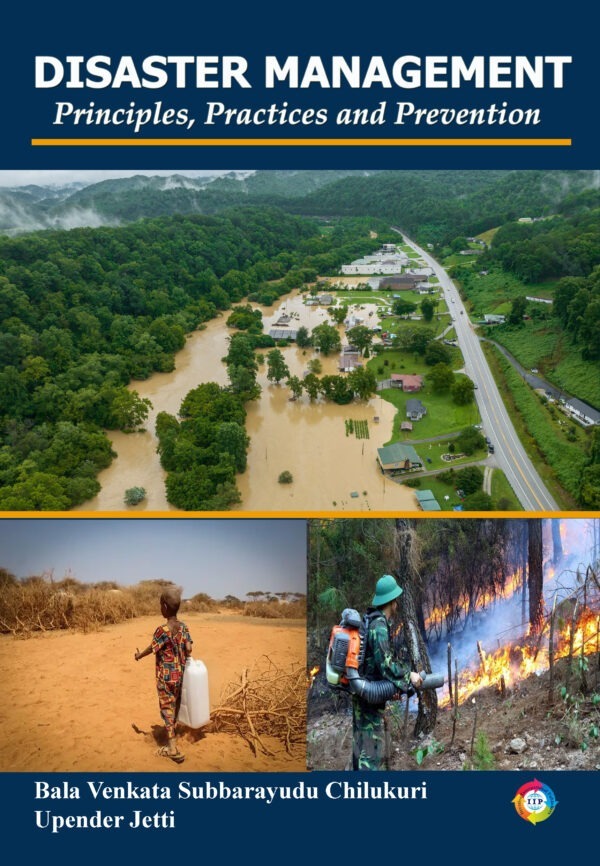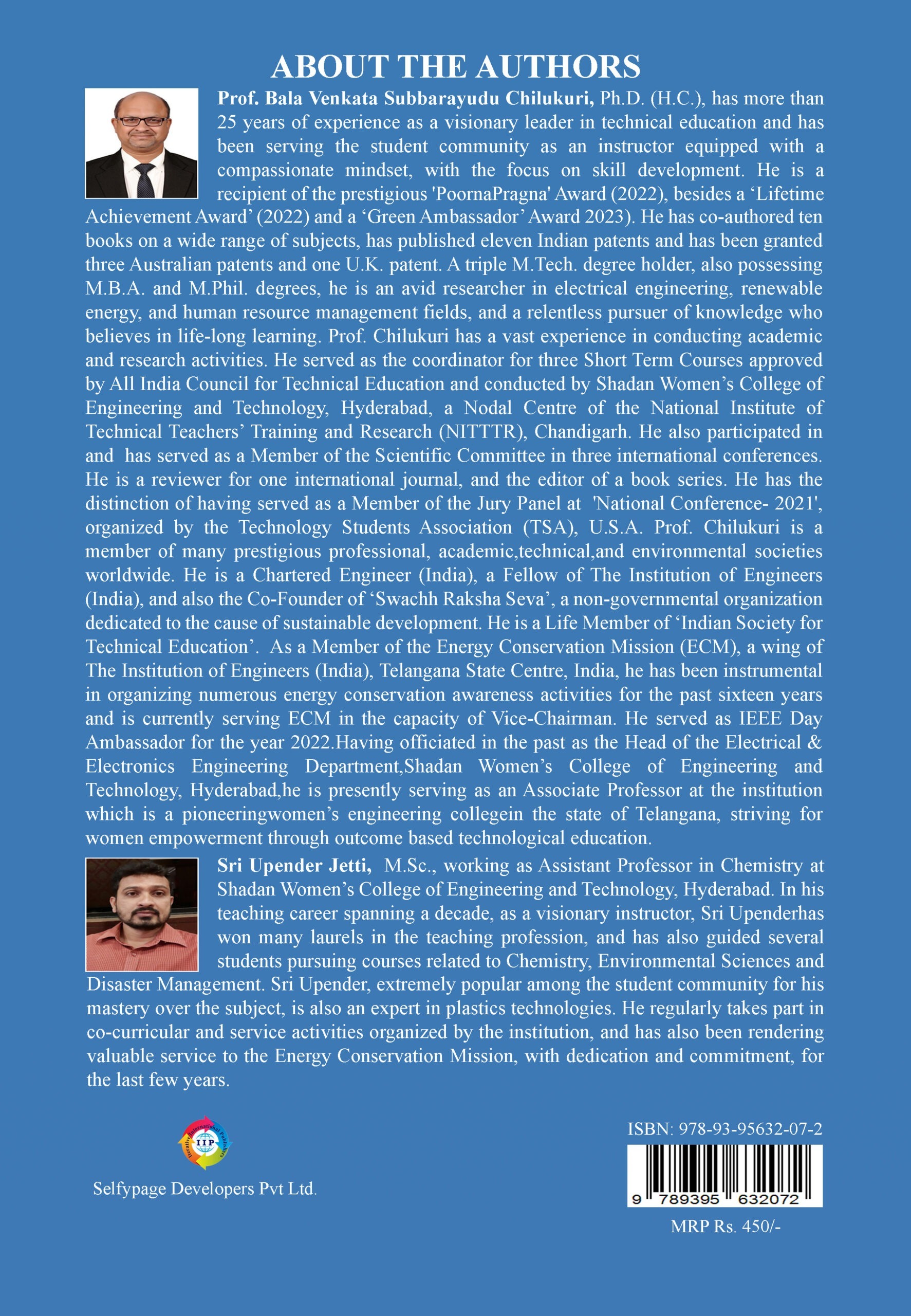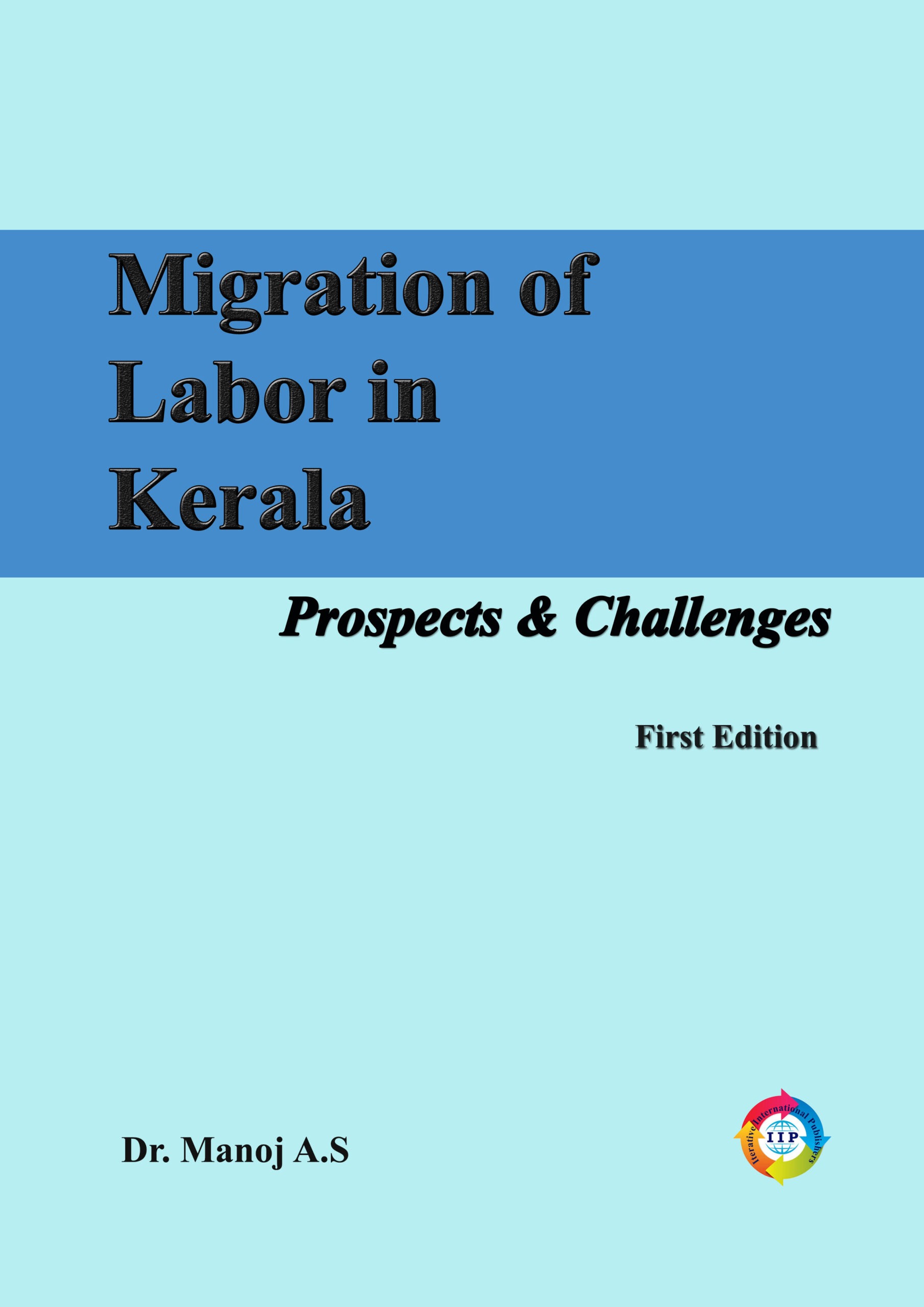It is a matter of great pleasure for the authors to present this book titled ‘Disaster Management: Principles, Practices and Prevention’ to the student community. The book has been designed as a reference text for various courses dealing with the subject of ‘Disaster Management’ included in the curricula of various Bharateeya universities at the undergraduate and postgraduate levels. This book covers the syllabus of, and has been written to meet the requirements of students studying in Jawaharlal Nehru Technological Universities, Osmania University and other autonomous institutions.
Disaster management essentially deals with effective management of resources and information before, during and after a hazard. How efficiently, quickly, and effectively a system manages available resources plays a vital role in disaster management. The ability to manage disasters is a challenge faced by mankind which boasts of numerous advancements in technology. Disaster challenges exist in every conceivable field. Disaster management will be successful and sustainable only when activities taken up by a host of independent organizations at state, national and global levels are concurrent, cooperative and result-oriented. Disaster management at various levels is based upon diverse principles and activities such as planning, coordination, communication and risk assessment, just to state a few. Disaster impact is often expressed in terms of the numbers of fatalities, of those injured and in terms of the loss of property and resources during a disaster. Disaster mitigation measures play an important role with a focus on how to minimize or reduce the impacts and risks of hazards through proactive measures, taken well in advance. Disaster prevention is a topic of current interest both in academic and research fields, in the light of an increasing number of natural and man-made disasters, which may be easily traced to negative effects of climate change which are accentuated by increased levels of pollution, deforestation, global warming, industrialization, and developmental activities. As such disaster management has become the ultimate challenge for mankind and offers plenty of scope for research and development.
A book on disaster management would encompass a broad spectrum of knowledge and information which has to be updated at regular intervals of time. This book addresses various issues dealing with prevention and control of different types of disasters, and examines their dimensions and characteristics. The role of global agencies and the government in dealing with disaster emergencies, assume great significance in this context, besides non-governmental and voluntary organizations. The book is organized into five units. Unit 1 introduces the readers to the concepts and definitions pertaining to disaster management. Unit 2 deals with the classifications of disasters into different types. Unit 3 discusses various disaster impacts in brief. Unit 4 discusses various aspects of Disaster Risk Reduction (DRR) in detail. Unit 5 dwells upon disasters in the light of environment and development.
The authors believe that the purpose of this book will be served if it motivates the readers to contribute their mite during a disaster, help to minimize the losses brought into effect, render service to the affected population and reduce injuries and death to a minimum; besides offering valuable inputs to students aiming to excel in their university examinations.









Reviews
There are no reviews yet.